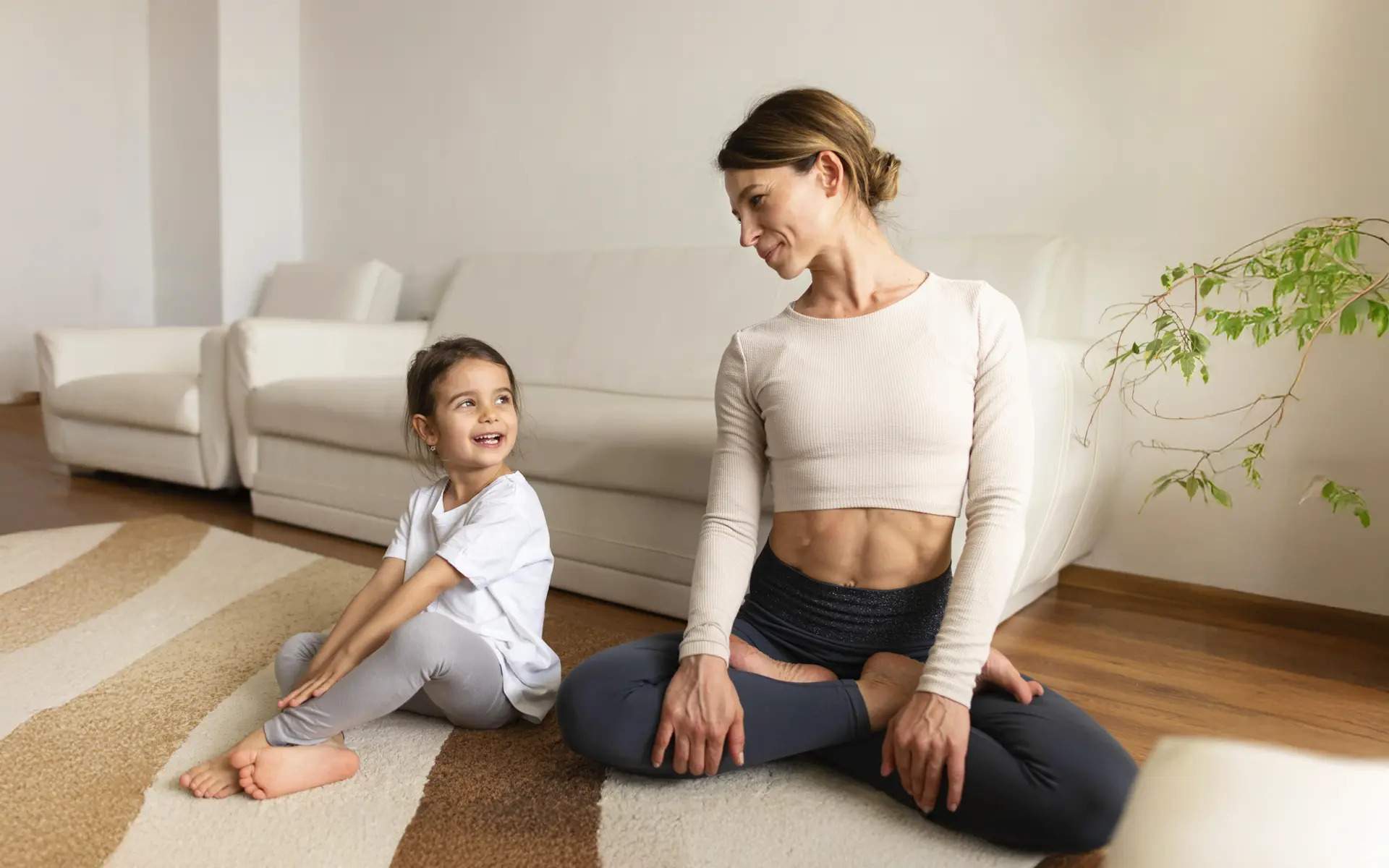If you have young children, you probably spend a lot of time reminding them to say “please” and “thank you.” But the importance of gratitude goes beyond good manners—research shows children who practice gratitude are happier and more optimistic, and more likely to build strong relationships.
This video from Greater Good Science Center offers a simple practice to help foster gratitude in children:
Four Ways to Foster Gratitude in Children
Grateful kids and teens are less likely to experience depression or jealousy, and more likely to do well in school, according to research from the American Psychological Association. Researchers have identified four parts of gratitude that help children practice gratefulness using the “notice-think-feel-do” questions:
- Notice: This helps children see the amount of thought that goes into a gift. For example, if they’re given a sports jersey you could say, “Notice how it’s your favorite player’s name?” or “Notice how it’s in your favorite color?”
- Think: Help children understand why they received the gift by asking, “Why do you think you received this gift?” Maybe it’s for a birthday, or holiday—or maybe just because someone loves them.
- Feel: Give children the space to process their emotions by asking, “How does this gift make you feel?” Common answers could be happy, excited, or loved.
- Do: Remind children to express thanks by asking, “Is there a way you want to show how you feel?” It could be by making a card, giving the gift-giver a hug, or simply remembering to say thank you.
Kids may not always be able to answer all of these questions, but practicing them will reinforce the habit of expressing gratitude and appreciation over time.








